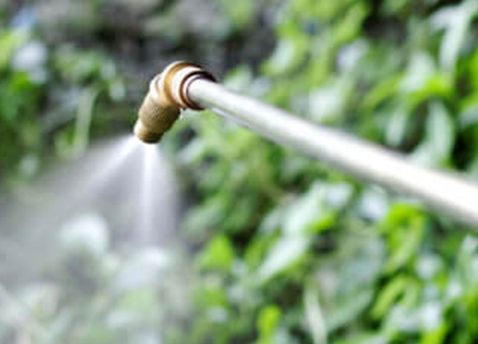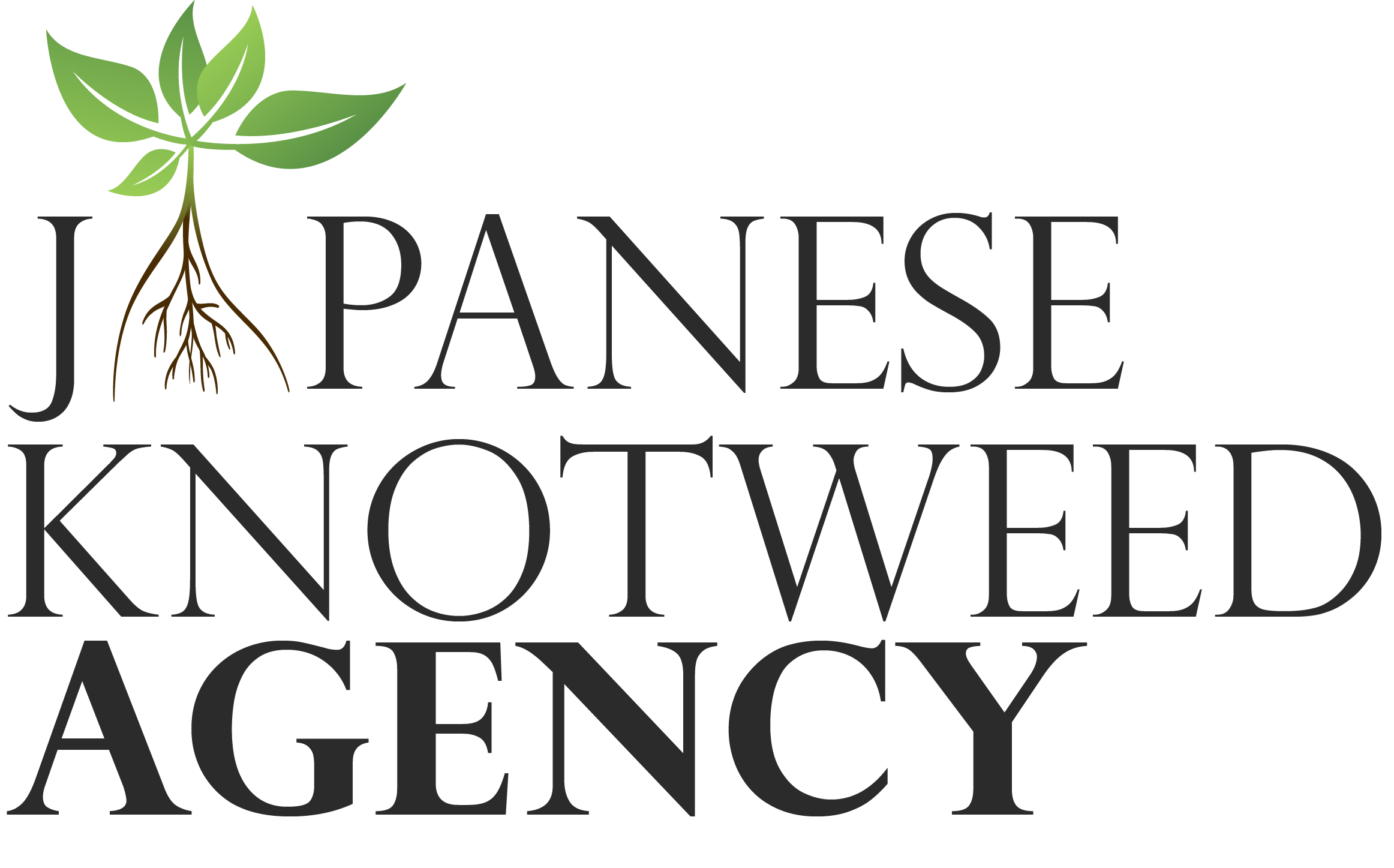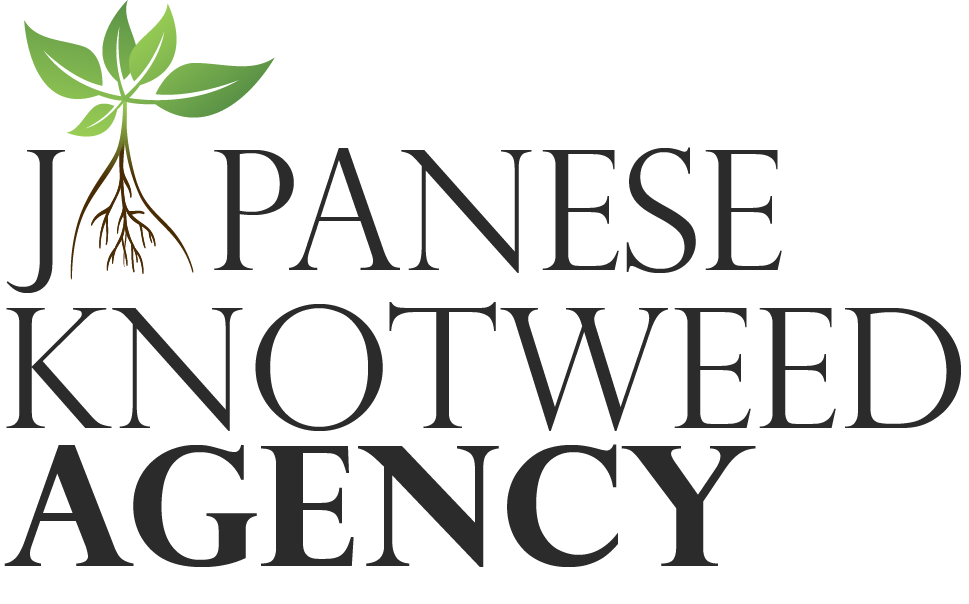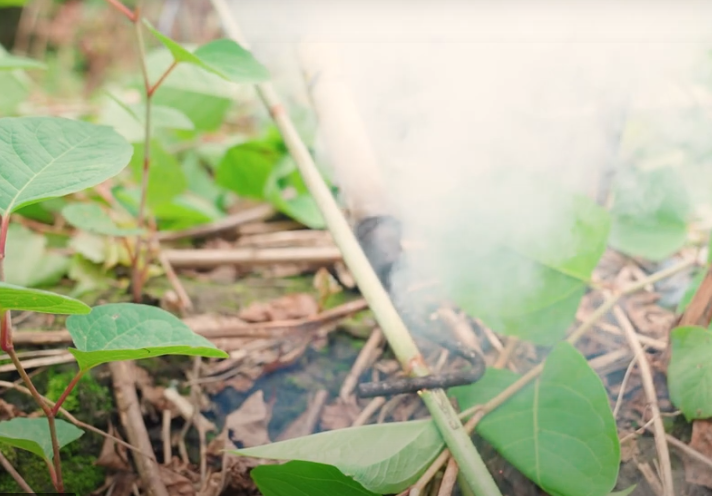Electro-Thermal Treatment for Japanese Knotweed
CAPITAL PUNISHMENT FOR JAPANESE KNOTWEED HAS FINALLY ARRIVED
Manchester based Japanese Knotweed Agency launched in 2018 to support businesses, Local Authorities and Housing Associations, but ultimately to support Home Owners who are affected by Japanese Knotweed to understand the legal and financial implications of having a Japanese Knotweed issue.
The surprising fact is that very few have heard of Japanese Knotweed, and even fewer are aware that it is present in their garden or on their land as they could not identify the UK’s No.1 Invasive Weed, even though in 2022 we seen a massive rise in infestations growing well over 10 and 12 feet tall.
Herbicidal treatments still do have a lot of use in trying to bring this invasive weed under control, but what are the problems and longer-term effects of using chemicals to treat Japanese Knotweed, and how do they compare to the new Electro-Thermal treatment now available in the UK?
Killing Japanese knotweed
When it comes to ‘killing’ Japanese knotweed, treatment and eradication can be a tough task and take several years to get the weed under control and eradicate – but it is possible with commitment.
Herbicide spraying was the only available treatment for killing Japanese knotweed. However, it’s important to know that herbicide will kill most of the plant, but it doesn’t totally eradicate the plant’s rhizomes (extensive root system) in the ground. This means that future re-growth is technically possible if not managed.
Continued multiple yearly applications of herbicide can prevent the spread and growth of Japanese knotweed, but if you want the knotweed’s rhizomes (roots) completely removed from the soil – excavation was required. This was the way to ensure complete Japanese knotweed removal.
Herbicides that Kill Japanese Knotweed
Does Roundup kill Japanese knotweed?
Roundup, Gallup, Landmaster, Pondmaster, Ranger, Rodeo, and Touchdown are all herbicides recommended to kill Japanese Knotweed. They are all glyphosate-based herbicides and will somewhat prove effective in treating the troublesome knotweed, safe to say what the eyes can see!
The best time to spray the leaves of Japanese Knotweed with herbicide is late summer or early autumn. This is the period in which the plant is flowering and so the foliage conducts more nutrients to the rhizome to build food reserves.

About glyphosate-based herbicides
Glyphosate-based herbicides will kill Japanese knotweed, but be careful, since these are non-selective herbicides, they will kill whatever plants they come into contact with, whether that’s Japanese knotweed or your prize geraniums. For this reason, many gardeners don’t like using herbicides, but in the case of Japanese knotweed, it is one of the few really efficacious solutions.
Glyphosate is a translocated herbicide as opposed to a contact herbicide. While contact herbicides may appear to be effective against Japanese knotweed, they are in fact only killing its leaves and shoots. This is why it is best to use a glyphosate. As a translocated herbicide, glyphosate is taken partially down into the plant’s roots where it does affect the root system to some extent.
How long do glyphosate herbicides take to work?
Glyphosate-based weed killers available from garden centres will all have a harmful effect on Japanese knotweed. This is normally a slow process requiring at least three to four growing seasons to be effective, and hinder the growth of Japanese knotweed. Professional Japanese knotweed removal companies have access to more powerful herbicides which can reduce the removal process typically by half.
Are there any other chemicals that kill Japanese knotweed?
Japanese knotweed is also susceptible to other chemicals like triclopyr and picloram. However, glyphosate is often the preferred choice for domestic use due to its suitability for use near water.
A word of warning with herbicides
While herbicides are an effective means of killing Japanese knotweed, their use should be limited to areas destined to become lawns or flower beds, do not use herbicides on areas that will one day become your vegetable garden.
You should also be extremely careful of areas that have had herbicidal treatment and as a big safety rule, do not let children or animals anywhere near the treated area.


